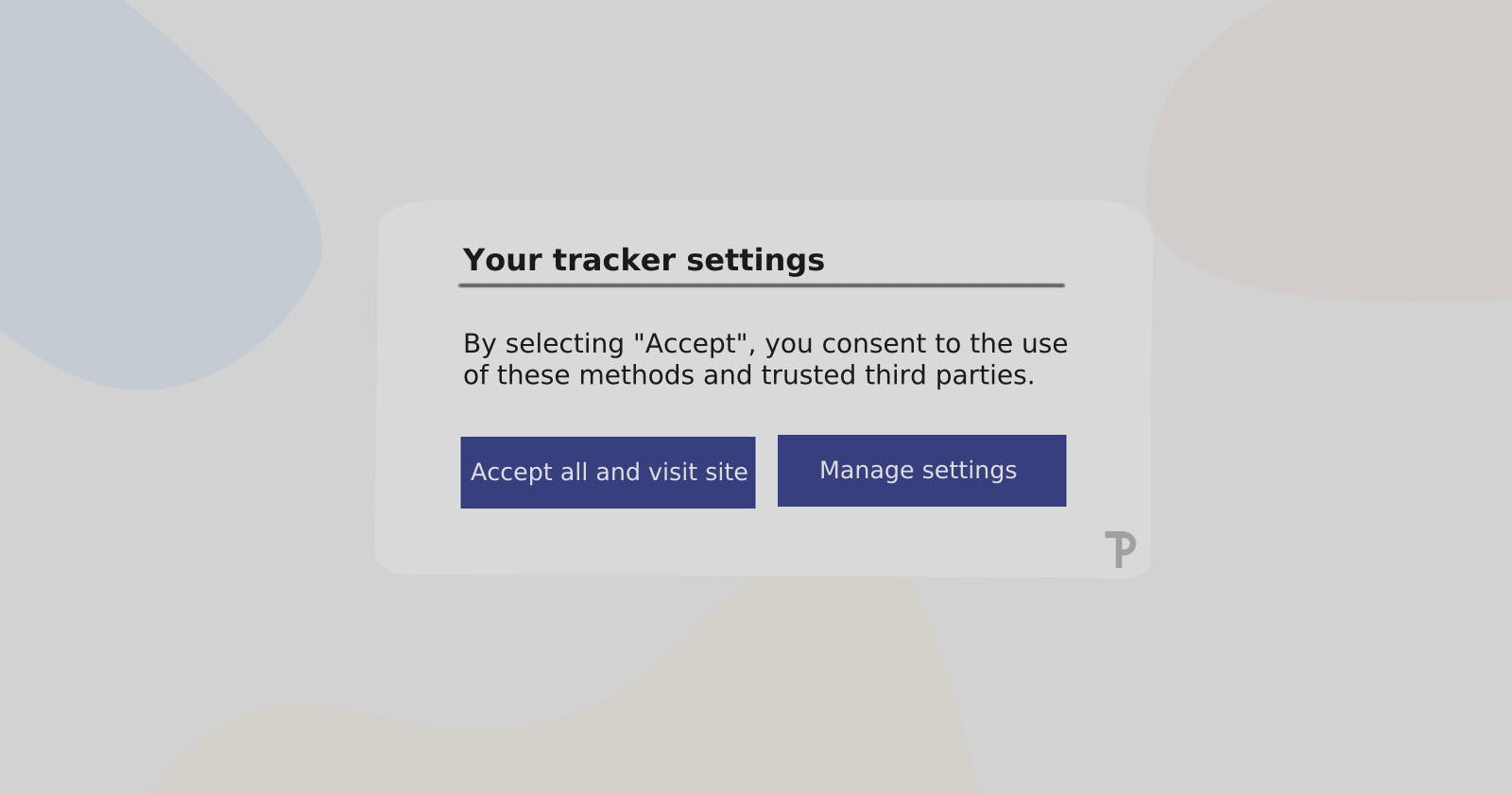What Is That Privacy Notice?
Visiting site and what they see about you with HTTP Cookies
Whenever I go to sites, there tends to be a notification indicating what the website is doing with your information or whether it can log certain information. It made me ask myself, why did this appear and what am I agreeing to.
This is a mutli-layered topic that I want to uncover in three parts:
What are they see about me?
Using a website in today’s technical age is not as simple as it was in the 90s. When you visit websites, there are these blocks of data referred to as HTTP cookies. The information that is captured within a cookie varies, it might by recording the type of device that you are using, the browser, your IP address, the sites that you visited, among other data. To read more about it, you can read about the FTC Internet Cookies. On one note, this can afford the visitor an ease of use by logging preferences and upon leaving a site then retaining those set preferences when returning to the same site or keeping the visitor logged into the site. There are benefits to being tracked on a site, while there can be nefarious intentions at play, i.e. hackers, scams, invasive ads and so on.
List of Cookie Uses:
- Ensure security by verifying your identity
- Permit online purchases
- Establish a logon session for retrieving your account information
- Tailor your browsing experience to a site, i.e. save preferences
- Deliver targeted ads
Why are they even notifying me?
Over the course of the past 20 plus years, government has been taking note of certain behavior and breaches that are violating the rights of the consumers, so new legislation has come forth such as Data Protection Act 1998 and 2020 Consumer Data Privacy Legislation.
In the EU, there is this ruling of The Cookie Law/), however, the United States does not fall privy to this law exactly. Some states within the United States have regulations like the General Data Protection Regulation or there are U.S. federal laws that are geared towards protecting humans under the age of 13 like the Children’s Online Privacy Protection Act .
What Can I Do?
Ultimately, these notifications essentially are oblique and the control is in your power. Alter your browser settings to clear cookies when you close the page (Firefox option), turn off JavaScript (although it might break certain parts of the website and sometimes JavaScript isn’t used) and much more. You can discard that “privacy” notice and the defaults will remain or you can change your settings within Firefox Browser, Chrome Browser or search for the documentation of your preferred browser cookie settings.
Conclusion
Often times, a site may have a legal or terms of use link posted on their site. Navigating to these documents can prompt you with an onslaught of verbose documentation and you might be telling yourself that you don’t have time to understand the intricacies of this website. Typically, larger websites that are able to fully dedicate time and energy into this documentation are often obligated by certain jurisdictions. These terms might not apply to you or what you are doing on the site, so you just ignore it.
This topic is heavy with debate and personally I care for my privacy for critical data, i.e. social security, bank account passwords and such. If a website is improving their user interface (ui) based on where I click or responds to suggestions, I am fine with my usage data being out there. However, if a website is not being “responsible” with my data, i.e. not encrypting traffic, or situations like this where people’s information is used and not being transparent, I try to avoid that website. But here is where I repeat, however, sometimes I just want to find out at what temperature I should bake my cookies at and continue on with my day. I try to be cognizant of the sites that I support by visiting and where I leave my data, but I don’t always inspect the terms of use and I don’t know if I should admit that.

